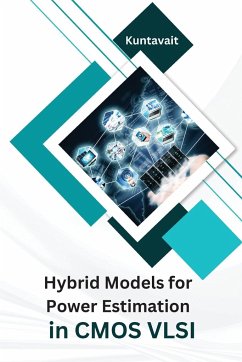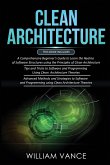Hybrid Models for Power Estimation in CMOS VLSI" by Kuntavait is a groundbreaking book that delves into the cutting-edge field of power estimation in Complementary Metal-Oxide-Semiconductor (CMOS) Very Large Scale Integration (VLSI) design. As the demand for energy-efficient electronic devices continues to surge, accurately predicting power consumption has become paramount. This comprehensive guide presents a novel approach to power estimation by combining traditional analytical models with machine learning techniques. Kuntavait, a renowned expert in the field, provides a detailed exploration of the theoretical foundations and practical implementation strategies of hybrid power estimation models. Readers will gain a deep understanding of the underlying principles and methodologies involved in estimating power consumption in CMOS VLSI circuits. The book covers a wide range of topics, including transistor-level power estimation, statistical modeling, and machine learning algorithms. Real-world case studies and examples enable readers to apply the concepts to their own design projects. "Hybrid Models for Power Estimation in CMOS VLSI" is an essential resource for researchers, engineers, and graduate students in the field of VLSI design and power optimization. It serves as a valuable reference for anyone seeking to develop energy-efficient integrated circuits and contribute to the ongoing advancement of CMOS technology.







